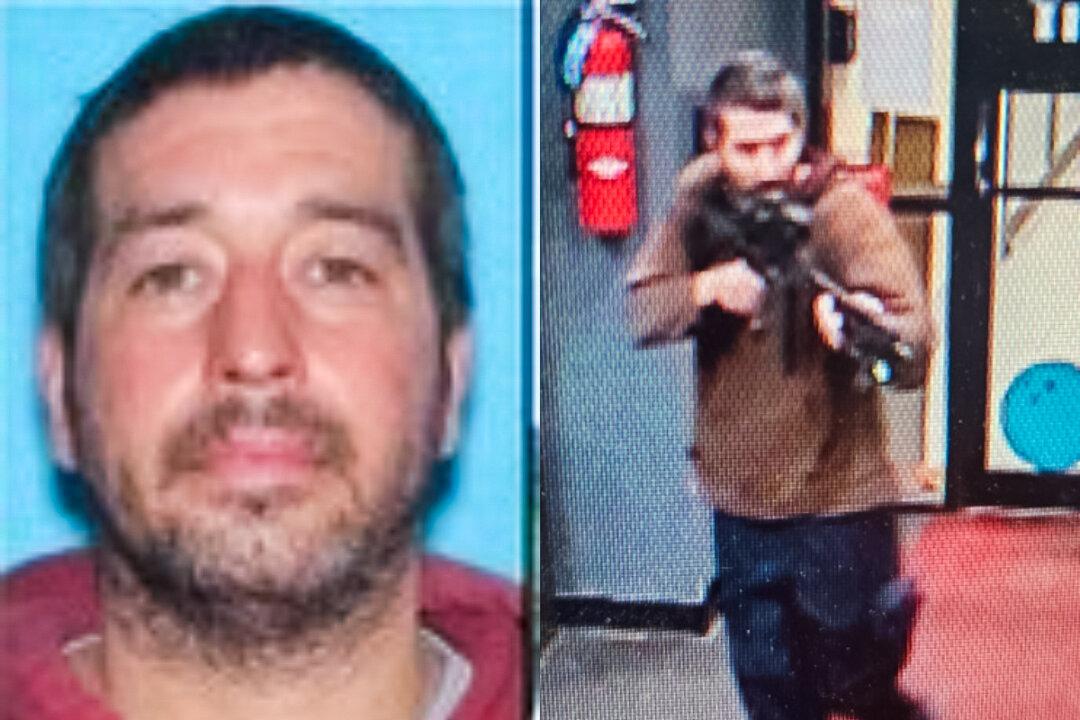The U.S. Army this week released findings from an investigation into an October 2023 mass shooting in Lewiston, Maine, involving Army reservist Robert Card.
The investigation, initiated in the aftermath of the incident, during which Card killed 18 people and wounded 13 more at a bowling alley and nearby restaurant, aimed to understand the contributing factors and circumstances surrounding the events, according to the report released on July 23.





